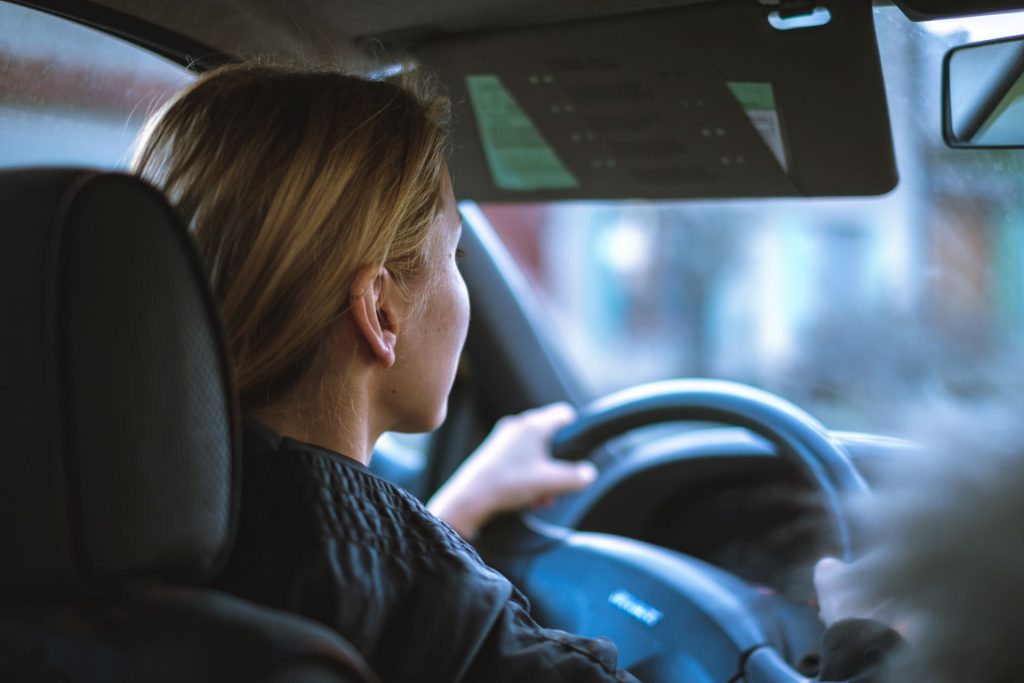New DVSA data reveals driving is very much in demand, with 150,000 more tests taken in the last year

Learner-driver insurer Veygo has crunched the new annual figures from the Driver and Vehicle Standards Agency (DVSA) to reveal the current test figures and pass rates across the UK.
In the last 12 months, over 1.68 million tests have been conducted, with just under half (48.4%) of these being successful. Driving, however, is very much an in-demand skill and popular choice, with around 150,000 more tests taken in 2022/23 than the previous year.
When looking at gender successes, males continue to have more luck in their tests than female counterparts. However, it is the closest the figures have ever been to equal, with a small difference of just 3.78% in the pass rate, which is the lowest it has been since earliest 2007/08 records, where it has been averaging a difference of 6.4% historically.
Veygo calls for a review of learners’ ‘hours of practice’ and the test retake procedure to improve the static pass rates
DVSA data from the last ten years show that 703,109 driving tests are passed each year on average, with a 10-year average pass rate of 47.3%. So Veygo is calling for two core improvements so that this “static pass rate” can increase and see more learners passing each year.
James Armstrong, CEO of Veygo says: “Driving is such a key skill that opens so many doors for young adults, whether that be for socialising, work and careers and general independence, so it is essential the industry and government look to find ways to improve this pass rate so more young adults have access to the opportunities that driving brings.”
Here are two steps that could be taken to improve pass rates across the UK, according to Veygo:
- Longer time between test retakes will ensure learners are fully ready
James says: “At the moment, learners only must wait ten days after failing a test before they can re-book it. New DVSA proposals are suggesting that this be increased to 28 days so learners have more time to prepare for a retake. We support this suggestion as taking a test for the first time, or as a younger driver can have a lot of pressure which is likely to induce stress and anxiety and increase the chances of failing. Learners need adequate time to ensure they’re completely ready to take a test and have the time to work on errors if they fail too. This will also reduce the cost that learners are spending on retakes as they’d be better prepared for future attempts.” - 2. Compulsory time spent in driving lessons should be introduced
James says: “This is the norm in neighbouring European countries like Ireland, where learners must have a minimum number of lessons with an instructor before booking a test. If this was introduced, the knock-on effect should be a reduced number of retakes and first-time fails, as learners would require a minimum time with a professional instructor and have a base standard of driving knowledge before undertaking a test.”